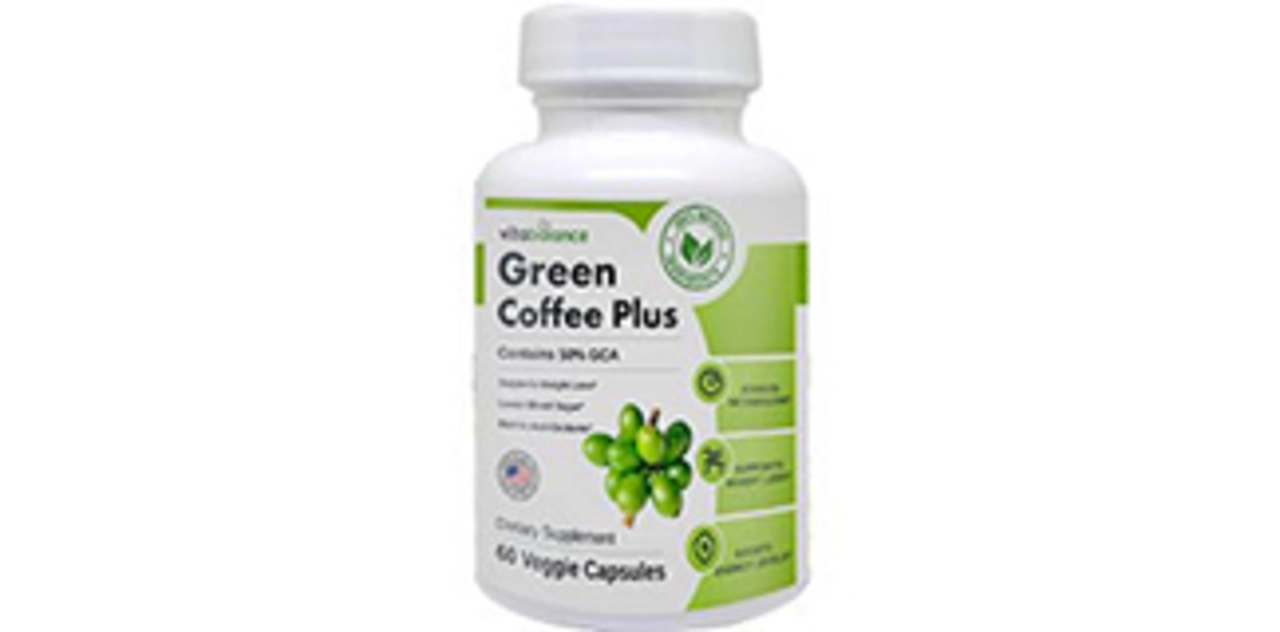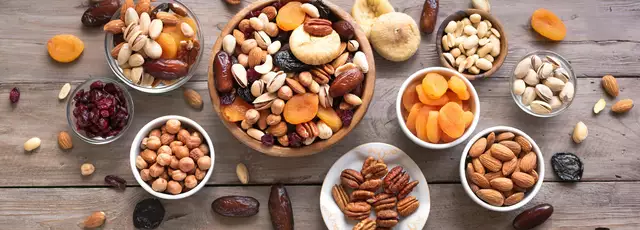Anise: How to Use This Fragrant Seed Safely and Effectively
Anise has a bold licorice-like taste that turns up in breads, liqueurs, and home remedies. Two plants share the name: true anise (Pimpinella anisum) with small green seeds, and star anise (Illicium verum) with star‑shaped pods. They taste similar but come from different families, so buy the correct type for cooking or herbal use.
Anethole is the main compound that gives anise its flavor and aroma. That same compound can act mildly like plant hormones in the body, which explains why anise shows up in traditional remedies for digestion, mild coughs, and even breastfeeding support. Most uses are culinary or topical; concentrated oils are powerful and need care.
Quick, Practical Ways to Use Anise
Culinary: Toss whole or crushed anise seeds into breads, cookies, stews, or spice blends. For liqueurs like ouzo or sambuca, small amounts give that classic finish. Use whole seeds when you want slow, mild flavor and grind them for a stronger, immediate hit.
Tea: Make a simple anise infusion—crush 1 teaspoon of seeds, pour 8 ounces (about 240 ml) of boiling water over them, cover and steep 5–10 minutes. Strain and sip warm. You can drink this up to 2–3 times daily for a soothing effect after meals.
Syrup and simple remedies: Simmer 2 tablespoons crushed seeds in 1 cup water with 1 cup sugar for 8–10 minutes, strain and cool. A spoonful of this syrup can soothe a scratchy throat. Don’t use syrup as a substitute for medical care when symptoms are severe or persistent.
Topical use: Dilute anise essential oil well—typically 1–2 drops in a teaspoon of carrier oil—before applying to skin. Test a small patch first. Never give essential oil directly to children or add undiluted oil to food.
Safety, Buying, and Storage Tips
Buy culinary anise or star anise from reputable food suppliers. Beware of Japanese star anise (Illicium anisatum), which is toxic and not meant for consumption. Whole seeds keep flavor longer—store airtight in a cool, dark place for up to a year. Ground seeds lose punch faster.
Keep amounts moderate. For tea, 1–3 cups per day is common in folk use; there’s no one-size-fits-all dose. If you are pregnant, nursing, have a hormone‑sensitive condition, or take prescription medications, check with your doctor or pharmacist before using anise regularly. Watch children closely—herbal teas and oils affect them differently.
If you want to explore recipes, safety details, or interactions with medications, search our site for more articles tagged anise. Read product labels, choose trusted suppliers, and ask a health professional when in doubt.
Choosing form matters: whole seeds give steady flavor in cooking, ground seeds blend into batters, and star anise adds flair to soups. Liquid extracts and essential oils are concentrated—start low. If trying anise for the first time, taste a pinch of crushed seed or sip a cup of tea and wait 24 hours to check for sensitivity. Keep a note of how much you used; you can repeat safely.

Boost Your Health Routine with Anise: The Must-Have Dietary Supplement
Anise is a must-have dietary supplement that can truly boost your health routine. It's packed with incredible health benefits like aiding digestion, improving respiratory health, and even helping with weight loss. I've been using anise in my daily routine, and I've definitely noticed a difference in my overall well-being. Adding it to your diet is super easy, as it can be found in teas, supplements, and even used as a spice. Give anise a try and experience the positive impacts it can have on your health!
Categories
- Medications (71)
- Health and Medicine (62)
- Health and Wellness (37)
- Online Pharmacy Guides (16)
- Nutrition and Supplements (9)
- Parenting and Family (3)
- Environment and Conservation (2)
- healthcare (2)
- prescription savings (1)



